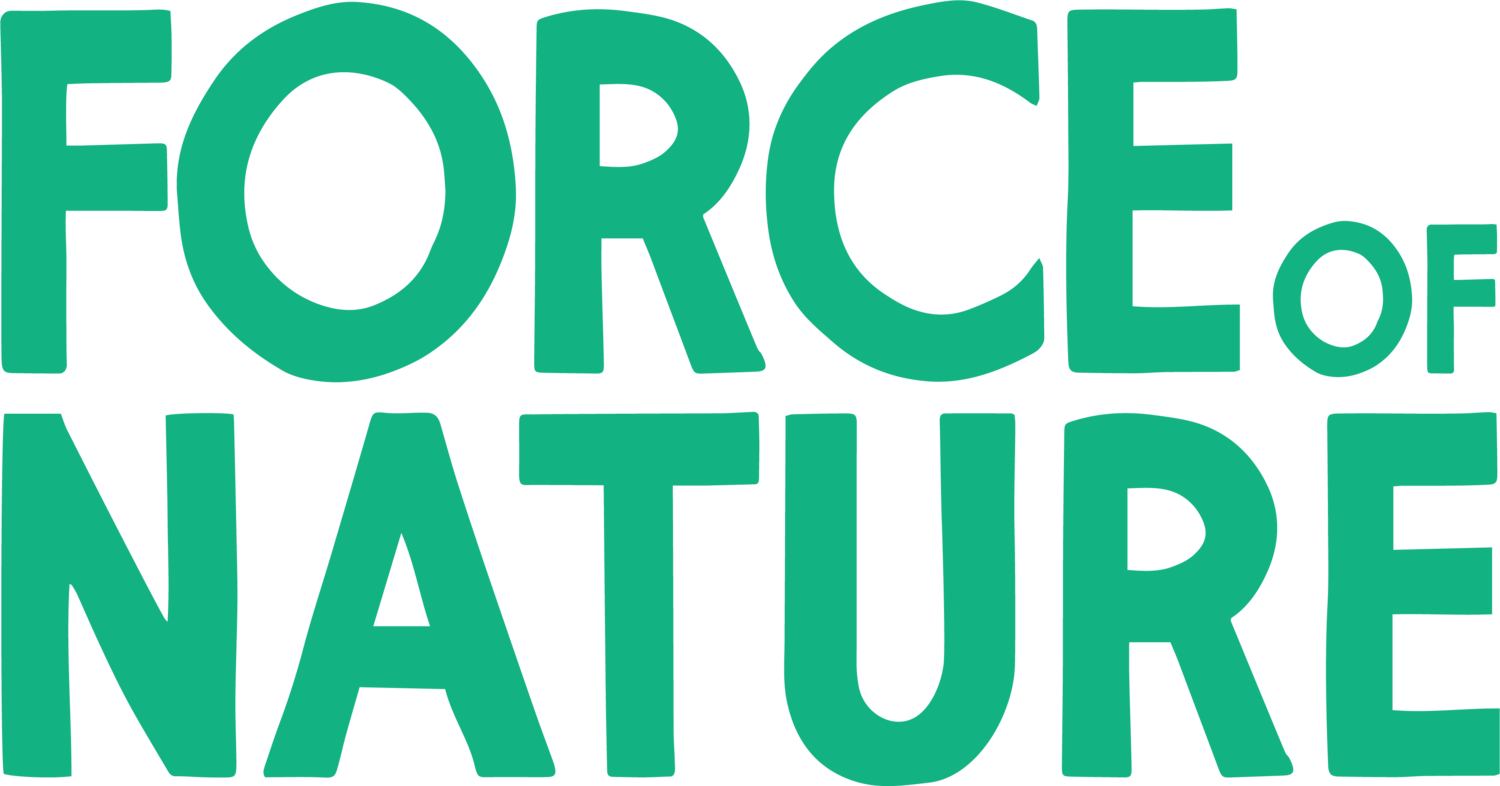Are we heading for extinction?
We need to talk about eco-anxiety
Author: Tupelo Hostetler
Editors: Alejandra Arias and Sophie Palmer
My Story
My name is Tupelo, I’m 16 years old, and my pronouns are she/her. I’m from Gainesville, Florida.
I’ve always cared about the environment and been interested in climate change, but I wasn’t involved in the climate movement until last year - when the US went on lockdown. That summer, I spent a lot of time inside, scrolling online. I stumbled upon the TED talk “How to turn climate anxiety into action” by Renée Lertzman and, consequently, fell into a rabbit hole researching climate psychology. I was fascinated to learn that I wasn’t alone in my eco-anxiety - and that these feelings were a normal, healthy response to the crisis unfolding around us. This radically changed my relationship with nature.
I have loved the outdoors for as long as I can remember, but as I processed my feelings around climate change - the anxiety, and grief - my love became more fierce. This relationship felt that much more precious, as I realised just was at stake.
Today, I have a greater appreciation for the way sunlight makes leaves glow and cast swirling shadows on the ground; for the sound of birds singing in the morning; for the majesty of rain; and for every insect, which I previously thought insignificant.
Now, I no longer view Nature as the “other” as I was taught to. Instead, I can see how confusing it is that our culture and language separate Nature from us humans; when we are, of course, a part of Nature and completely interdependent on it (something Indigenous people have known, and lived, for thousands of years).
Waking up to a changing climate in Florida
Like any catalyst, watching Renée’s TED didn’t happen in isolation. 2020 was one of the hottest years on record, and that same month was one of the hottest Junes ever recorded in North Central Florida. In my lifetime, my state has been impacted by more numerous and stronger hurricanes; extreme weather; droughts and floods; as well as changes in agricultural and seasonal patterns.
It’s been deeply disturbing to grow up in a time of such turbulence, and uncertainty; seeing these climate impacts up close and personal living in low-lying Florida. All while our governors continuously fail to act. Even then, I live in a bubble of relative climate privilege - it pains me knowing that it’s worse in other parts of the world and that these extremes are only going to worsen. I struggle to imagine the emotional and physical trauma felt by communities who are already experiencing food droughts; losing their homes to rising sea levels, or experiencing climate displacement.
Eco-anxiety and climate distress
For me, eco-anxiety comes in lots of shapes and sizes. Anxiety, grief, guilt, panic, paralysis, overwhelm, or a combination. It can feel like a rise of panic in my chest, or like I’m sinking into a dark cloud.
My mind fixates on the worsening hurricane season; the rising heat of the summer; the wildfires and floods splashed all over the news. I fear that our world’s manatees, monarchs, and sea turtles will go extinct; that regular seasons - spring, summer, autumn - will become a thing of the past, replaced with hurricane season or fire season. Renée helped me see that my eco-anxiety is normal - yet it impacts my everyday functioning. It can make it difficult for me to focus, enjoy activities, or even plan for the future.
Turning our eco-anxiety to agency
I’ve spoken to enough friends and connected with enough young people through Force of Nature, to know that many in my generation feel the same way. Yet as we face up to the climate crisis, and live through the 6th mass extinction, there has never been a greater need for us to turn this personal and collective distress into action. We all need to learn what this looks like for us. For me, writing is a powerful outlet. Just writing this article is a practice in creating space for my eco-anxiety. Equally, I enjoy time spent in nature - and practicing mindfulness to hold the tension between my awe for the web of life around me, with the grief at what has already been lost - and what we will continue to lose.
Ask yourself - how can you support yourself to create the space for your feelings? To face up to the crises around us, without falling into despair? I believe the future of life on our planet depends on our ability to harness our difficult feelings and transform them into action.
I have also found great motivation in envisioning what the world could look like if we implemented all of the wonderful solutions already at our fingertips. This gives me clarity on what I am working towards, rather than only being driven by the fear of nature extinction.
The Solarpunk movement has been one such vision, where artists imagine a future “beyond scarcity and hierarchy, where humanity is reintegrated with nature” and where we have chosen to “live comfortably without fossil fuels, to equitably manage scarcity and share abundance, to be kinder to each other and to the planet we share.”
Closing thoughts
I only recently started on my climate journey, but the best advice I’ve received is to tune into my feelings, find areas where my passion meets my pain, and find a community of changemakers to heal and act with. I’m fortunate to have found this through Force of Nature. You have the power to do all these things, too - after all, we’re in this together. We need one another. And just as we need nature; nature needs us to have the courage to build a world of liberation, love, healing, care, and connection.
You can listen to Episode Eleven, Season Two, of the Force of Nature podcast here.

